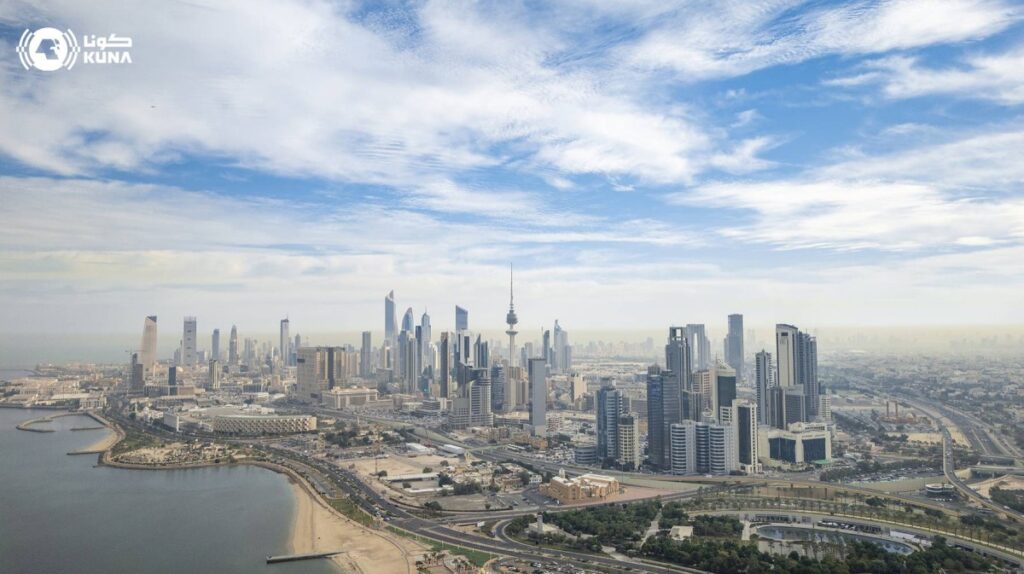KUWAIT: Kuwait has introduced a new law that gives government bodies the authority to suspend public services—such as electricity, water, communication, healthcare, and municipal services—if users fail to pay the required fees. Decree law No 75 of 2025, published Sunday in the official gazette (Kuwait Al-Youm), aims to ensure that individuals and companies meet their financial obligations for using government services. It will come into force in September, three months after publication.
If a person or business fails to pay for public services within 30 days of being notified, the government can temporarily suspend those services. Payment of the outstanding amount will automatically restore them. A clearance certificate can be issued upon request. Debtors can request to pay in installments. If approved, the suspension is lifted. However, missing a single payment cancels the agreement, and the government can then take legal steps to recover the full remaining amount. Before disputing a suspension or the amount owed in court, individuals must first submit a formal complaint (grievance) to the relevant government agency. The agency has 30 days to respond. If no response is given, the grievance is considered rejected. After that, the individual or business has 30 days to escalate the matter through legal channels.
To strengthen debt collection, the law introduces several mechanisms:
This law doesn’t apply to court-related fees, which remain subject to separate legal procedures. The law reinforces that public services—such as roads, utilities, postal and telecommunications, customs, healthcare, and traffic services—are not free. These are provided in exchange for service fees, not primarily to generate revenue, but as a tool to regulate and ensure the efficient use of state resources. The state found it necessary to act after observing that many beneficiaries were delaying payment despite being financially able. This behavior has strained public finances. The new law introduces a pressure mechanism to encourage timely payment and protect public funds.
The goal isn’t just to collect overdue payments. It’s to ensure public services are used responsibly and sustainably. When people or businesses delay payments—even when they can afford them—it affects the state’s ability to maintain and invest in critical infrastructure and services. With this law, the government now has a clear and faster legal framework to deal with non-payers. At the same time, it offers flexibility for those who need it, through installment options. Government agencies are expected to begin updating their internal systems in preparation for enforcement. Individuals and businesses are encouraged to check for any outstanding fees and make arrangements before the law takes effect in September.

